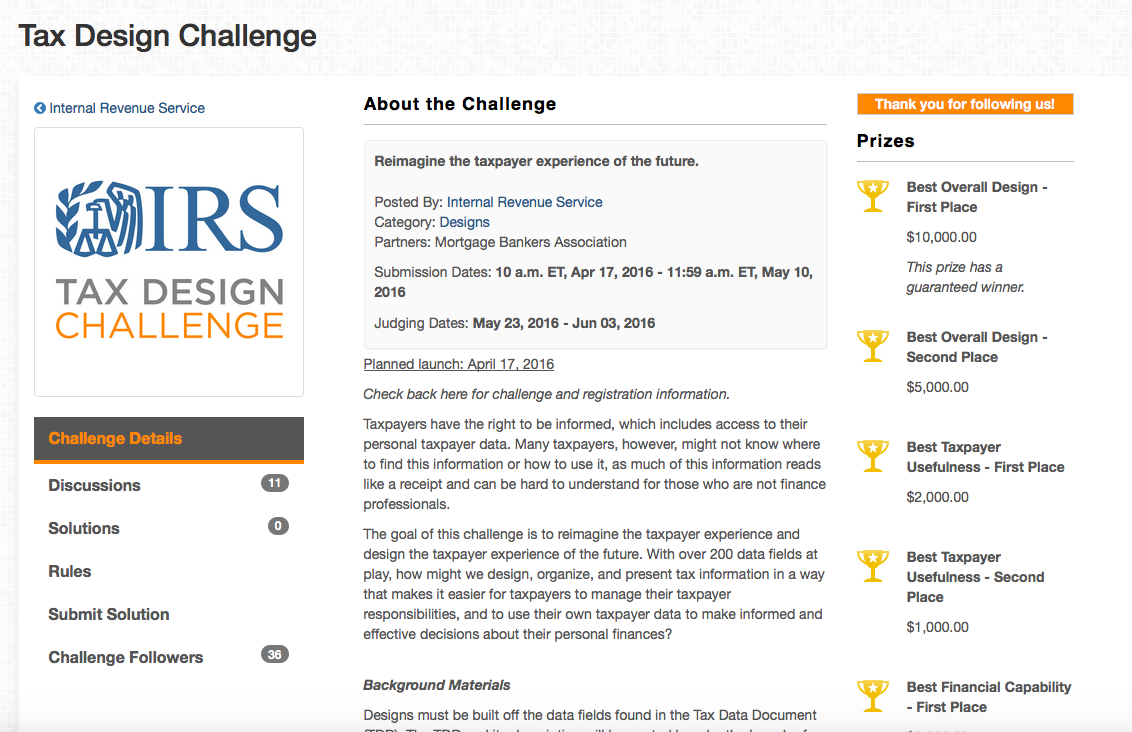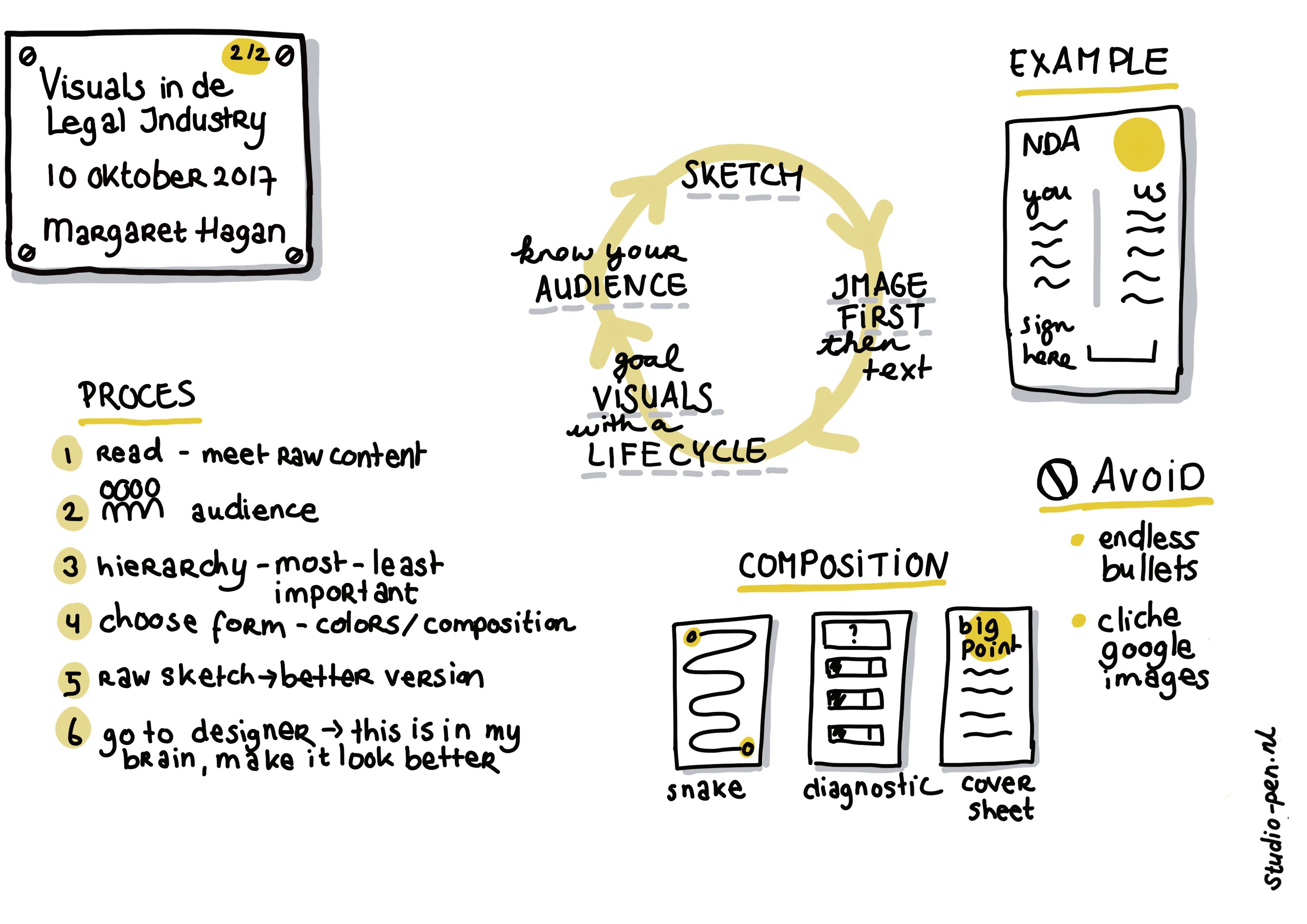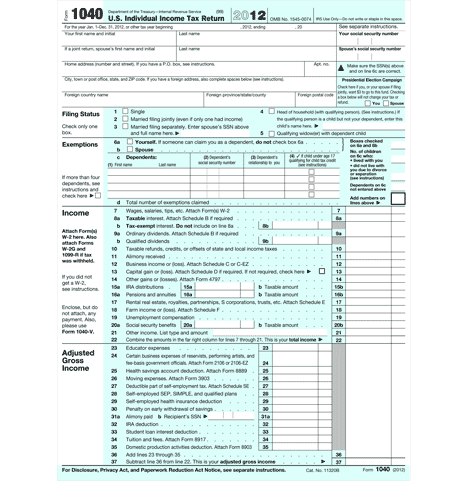I realize that I am outing myself as a full-on dork with this post, but I am unreasonably excited by coming across the IRS’ Tax Design Challenge — an open call for new ideas about to how make the taxpayer’s experience less horrible. (Thanks to tax lawyer Michael Gould in DC for flagging this to me!)
Here is the project brief (clearly someone in the IRS has tuned into human-centered design principles!):
Tax information is available to taxpayers across multiple IRS channels and contains a wealth of information. Many taxpayers, however, might not know where to find this information or how to use it, as much of this information reads like a receipt and can be incomprehensible to those who are not financial professionals.
The Challenge asks: how might we design, organize, and present tax information in a way that makes it easier for taxpayers to manage their taxpayer responsibilities, and to use their own taxpayer data to make informed and effective decisions about their personal finances?
This is an incredible opportunity for civic-minded technologists, designers, and innovative thinkers to improve and shape the user experience of one of the most visited government websites in the US.
There are lots of concept designs from students and consultancies over the year that have looked at improving tax form design, (also check out this form redesign), and in Australia they went through a 15 year design process to overhaul people’s interactions with their tax office.
Would that I had 10 more hours in the day that I could work on this too. Hopefully there are other legal design geeks out there who also want to dive into what better forms, websites, media, and other touchpoints (in Australia, they’d have us open up IRS stations and offices all across the country) are possible to radically improve everyone’s April 15th.
(P.S., I am also excited to see so many federal agencies posting open innovation challenges on Challenge.Gov. So many targets to tackle — great to see the government opening itself up to technologists, designers, and other civic-minded people interested in rethinking how governments provide services to people).




